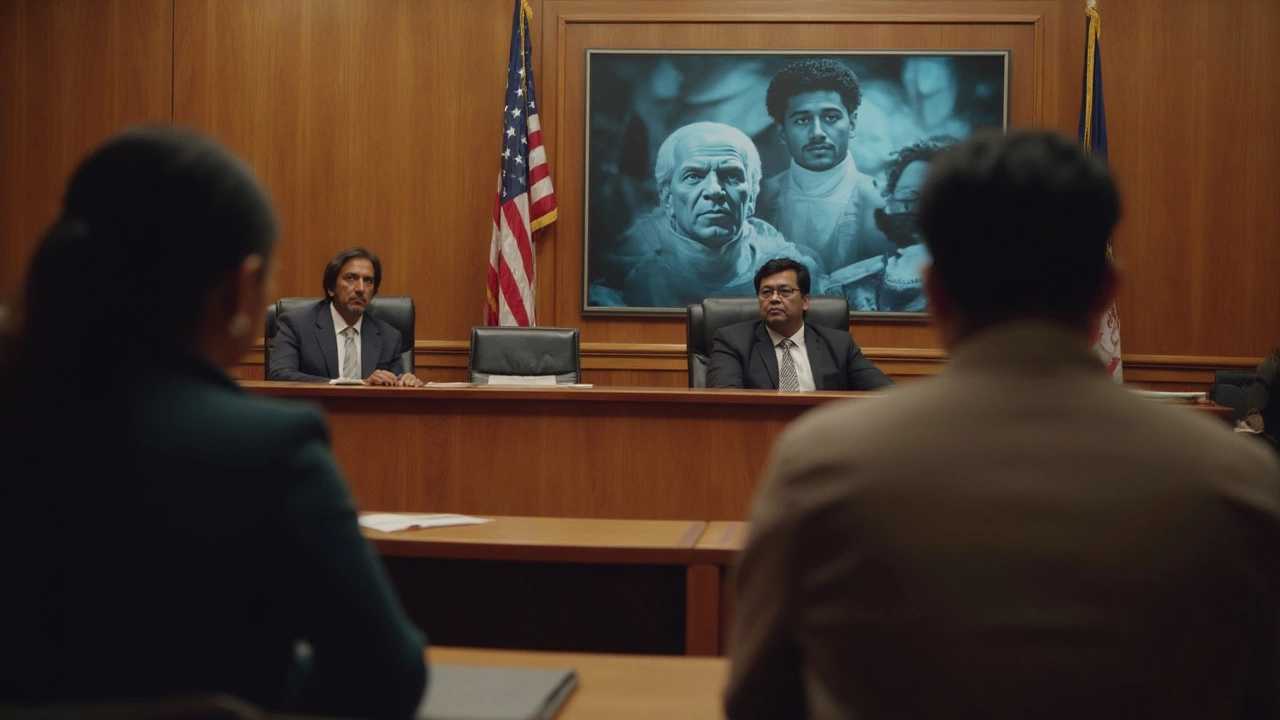Civil Court Cases – What They Are and How to Navigate Them
If you’ve ever wondered why some disputes end in a courtroom while others settle over coffee, you’re in the right place. A civil court case is any lawsuit that isn’t criminal – think property fights, contract breaches, or personal injury claims. Unlike criminal cases, you’re not facing jail; you’re usually after money, a right, or a court order.
The first step is filing a plaint in the right court. Choose the court based on the amount you’re claiming and the location of the parties. In India, small claims go to a Small Claims Court, while bigger sums head to the District or High Court. Getting the venue right saves time and money.
How Civil Cases Are Proven
Winning a civil case boils down to one thing: convincing the judge that your version of facts is more believable. That means gathering solid evidence. Documents like contracts, invoices, emails, and receipts are gold. If you’re suing for damages, medical records, repair bills, and wage slips help prove the loss.
Witnesses add weight too. A friend who saw the accident or a coworker who heard the breach can testify. Remember, in civil law the standard is “pre‑ponderance of evidence” – basically, it’s more likely than not that you’re right. That’s a lower bar than the “beyond reasonable doubt” needed in criminal cases.
Don’t forget expert opinions. A doctor can explain injuries, an accountant can break down financial loss, and a construction engineer can detail building defects. Their reports often tilt the balance in your favor.
Common Ways Civil Cases End
Most civil disputes never see a full trial. According to courts, over 80 % settle before the judge gives a verdict. Settlement means both sides agree on a sum or an arrangement, and the case closes. It’s faster, cheaper, and keeps things private.
If settlement doesn’t happen, the case might go to trial. After both sides present evidence, the judge issues a judgment – either for the plaintiff (you) or the defendant. If you win, you’ll get a decree for the amount awarded, plus interest and sometimes court costs.
Sometimes, the judge will dismiss the case altogether if there’s not enough evidence or if the claim is legally weak. That’s why a solid evidence plan from the start matters.
One practical tip: keep a simple checklist of every document, witness, and expert you need. Review it early, and update it as the case moves forward. Missing a key receipt or a medical note can turn a winning claim into a lost one.
Another tip is to consider alternative dispute resolution (ADR) like mediation. It’s a structured conversation with a neutral third party who helps both sides find common ground. Many courts require you to try mediation before a trial.
Finally, understand the timeline. A typical civil case can take 6‑12 months if it settles quickly, but a full trial might stretch over 2‑3 years, especially in higher courts. Patience and good legal counsel are essential.
Bottom line: civil court cases are about proving your loss with clear, organized evidence and aiming for a settlement before the courtroom drama kicks in. Stay organized, know where to file, and use mediation when you can – that’s the fastest route to getting what you’re owed.
Adultery as a Divorce Ground in Virginia: What You Need to Know
Adultery is a big deal when it comes to getting a divorce in Virginia. This article explains what counts as adultery, how it affects the divorce process, and what you need to prove in court. It breaks down the steps and shares tips for anyone considering divorce on these grounds. You'll also get a heads-up about possible mistakes that could hurt your case. Anyone thinking about using adultery as a reason for divorce in Virginia will find this guide straightforward and practical.
